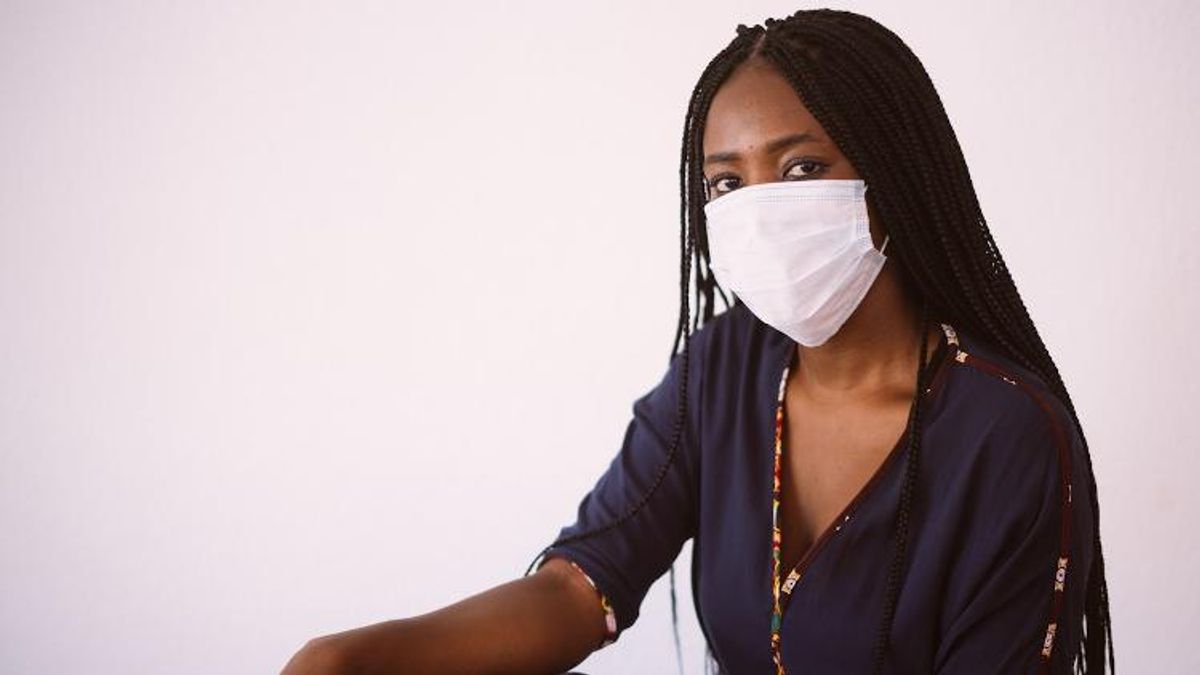A study of thousands of African women showed preventative HIV therapy administered via shot every eight weeks was much more successful than a daily pill regimen.
The success of cabotegravir, which is injected six times a year, was so convincing that researchers ended their clinical trial early, The New York Times reports. Study participants were recruited across seven sub-Saharan nations, with some given injections of cabotegravir and some given Truvada, the daily preventative pill sold by Gilead Sciences. Among the 3,223 participants, 34 women given Truvada contracted HIV; only four women given cabotegravir became HIV-positive and two of those women stopped taking the injections.
Researchers believe the success of the injections was at least partly due to the ease of getting six shots a year — administered by a medical professional — compared to the adherence complications of taking a daily pill.
“It’s a game changer for women,” Dr. Sigal Yawetz, an expert on women with H.I.V. at Brigham and Women’s Hospital in Boston, told the Times.
Truvada is currently available for women, though Descovy — another daily HIV prevention regimen — is only prescribed to cisgender men and transgender women. Having a successful prevention option for cisgender women is crucial; women and girls accounted for half of all HIV infections in 2019 and adolescent girls in Africa are disproportionately affected by the disease.
Moving forward, concerns over cabotegravir's affordability and drug resistance complications will need to be addressed. The clinical trial's success has researchers excited though, especially since cabotegravir does not need refrigeration, making it easier to transport and distribute.












































































